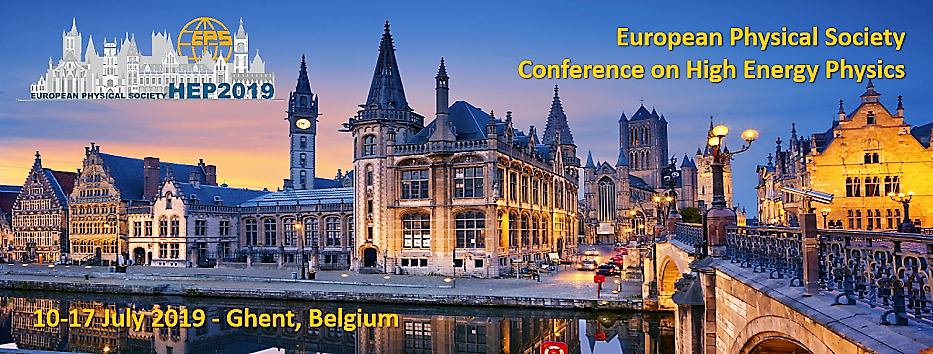Speaker
Description
Machine learning techniques have been used extensively in several domains of Science and Engineering for decades. These powerful tools have been applied also to the domain of high-energy physics, in the analysis of the data from particle collisions, for years already. Accelerator physics, however, has not started exploiting machine learning until very recently. Several activities are flourishing in this domain, in view of providing new insights to beam dynamics in circular accelerators, in different laboratories worldwide. This is, for instance, the case for the CERN Large Hadron Collider, where since a few years exploratory studies are being carried out. A broad range of topics have been addressed, such as anomaly detection of beam position monitors, analysis of optimal correction tools for linear optics, optimisation of the collimation system, lifetime and performance optimisation, and detection of hidden correlations in the huge data set of beam dynamics observables collected during the LHC Run 2. Furthermore, very recently, machine learning techniques are being scrutinised for the advanced analysis of numerical simulations data, in view of improving our models of dynamic aperture evolution.




